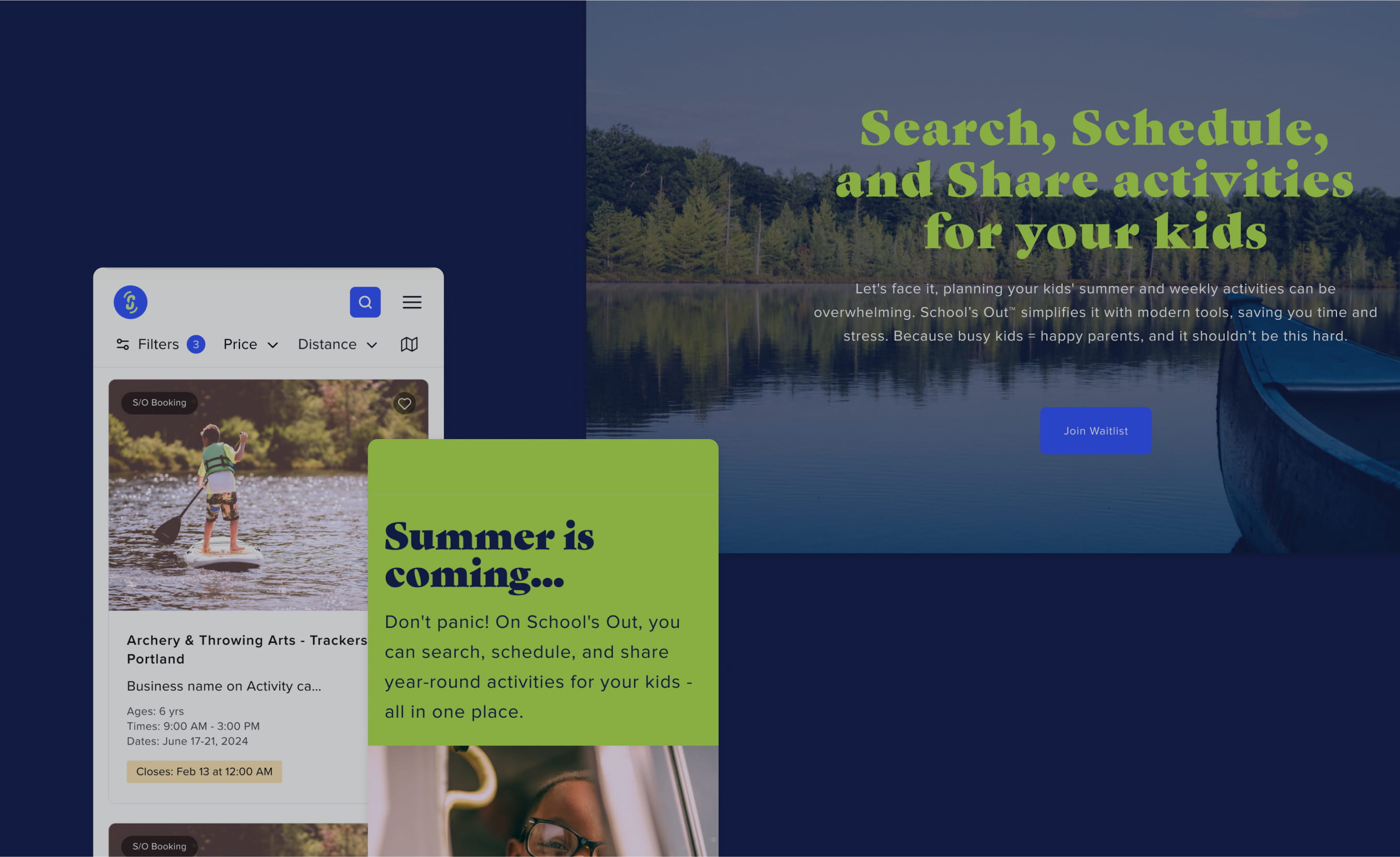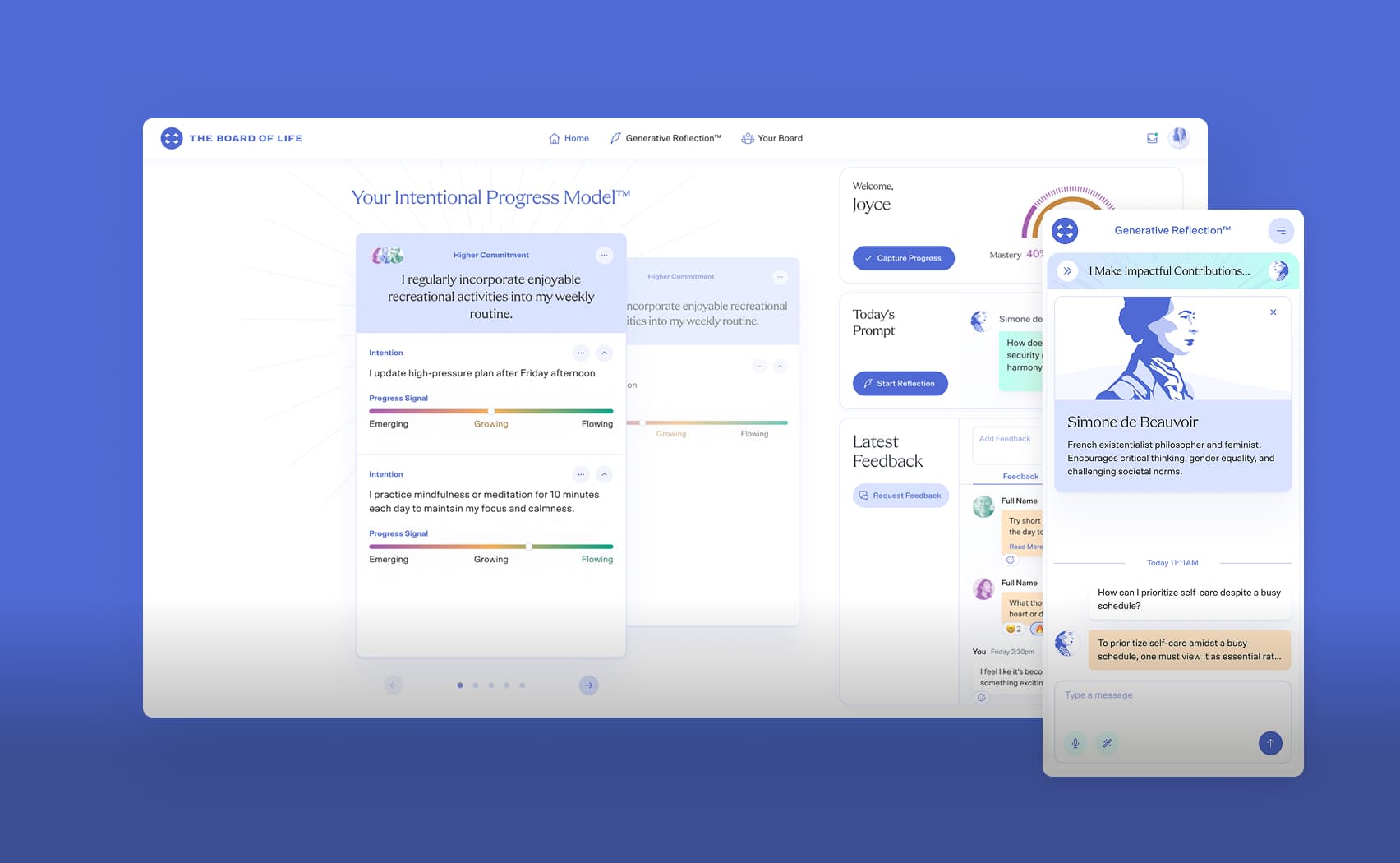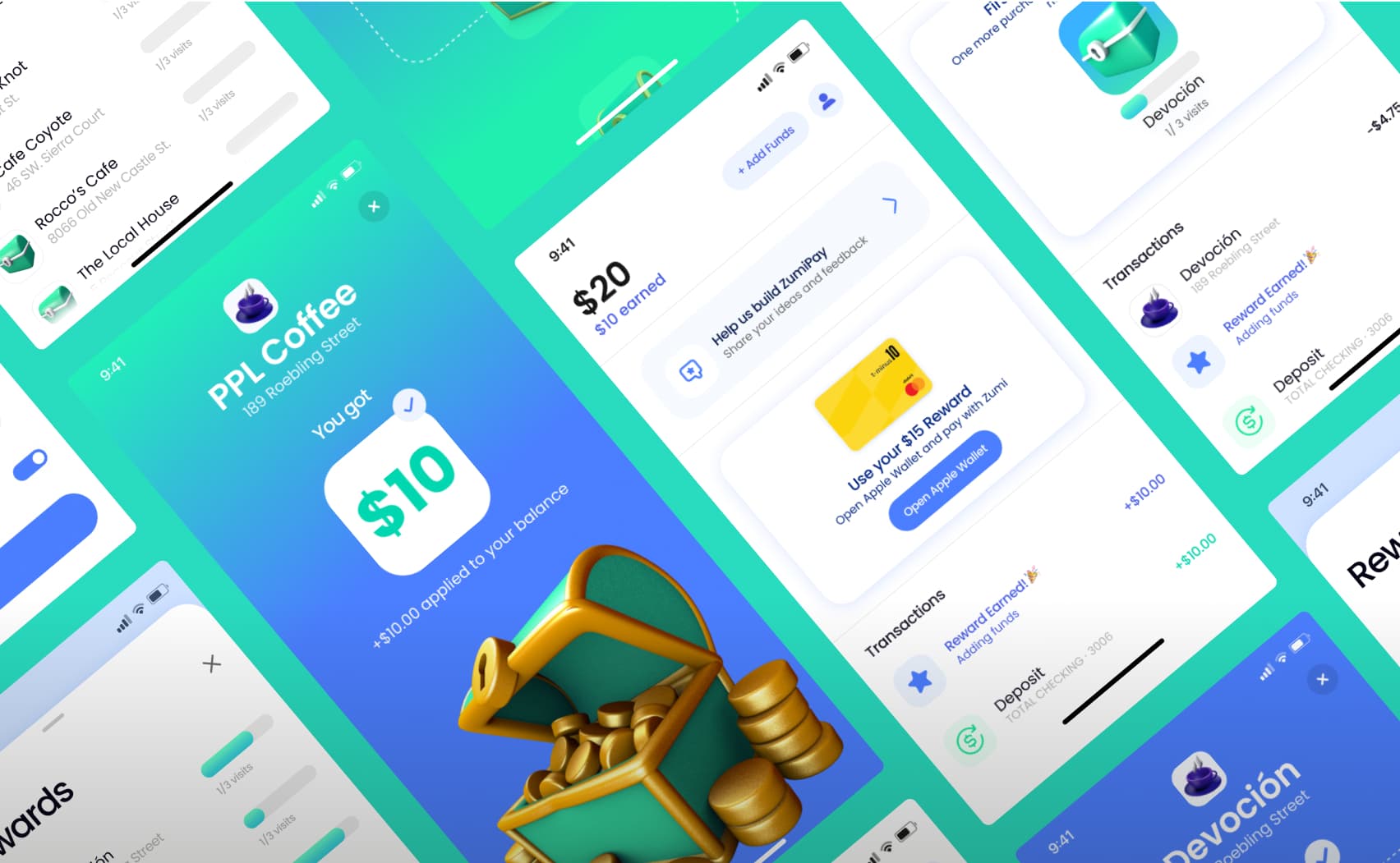What I wish I knew before starting a tech career...
Before I started my tech career, I didn’t know quite what to expect. There are many myths and stereotypes about tech that are transmitted through memes or through TV shows like Silicon Valley. But reality is much more subtle, and there are several things I wish I knew before starting a tech career:
- Not all jobs are technical
- Learning doesn’t stop
- There are no imposters
- Your degree in another field can help
Not all jobs are technical
While the core of any tech business revolves around a group of technically-trained programmers and computer specialists, it is still a business. Like any other industry, the tech industry needs a variety of roles, including sales, marketing, management, accounting, HR, and more. The bigger the company, the more true this is.
This means that starting a tech career does not necessarily require a tech background. In some cases, not having much experience may even be a good thing. It helps you look at the world with a different set of eyes, which can be valuable in marketing, for example.
People can and do enter the tech industry in non-technical roles before shifting to technical roles. It is possible to start as a sales representative for a product, before moving into quality assurance and eventually front-end development. Having that initial sales experience can be very useful, as it may help guide your development in a direction you know will make customers happy.
Learning doesn’t stop
Just because you have a degree doesn’t mean you’ve learned everything there is to know about tech. Technology changes rapidly, and workers have to constantly learn new things to keep up. I had a lot to learn when I switched from hospitality to tech.
Programming languages, libraries, and other applications are updated regularly. With those updates comes new norms and practices that have to be learned. The alternative is to stick with outdated methods of functioning, which can quickly lead to malfunctioning code or security threats.
Because of this, professional development is a key part of any tech career. Tech companies spend time and money in constant training for their employees to make sure everyone is up to date. If you start a career in tech, be prepared for this fact. A large portion of your time and energy will be spent honing your skills.
JetRockets in particular covers learning as part of our benefits package. We take care of 50% of the costs spent on education, courses, books, exhibitions, conferences, and more.
Professional development is important to workers. A survey suggests 48% of tech workers consider changing jobs due to lack of provided support.
There are no imposters
Imposter syndrome is real in any industry, but it is especially prevalent in tech. There’s so much technology out there already, that no one can possibly understand it all. When you see a co-worker build something really cool that you’ve never even heard of before, it’s easy to feel like an imposter in comparison.
But the truth is, your co-worker has probably seen their co-workers make dozens of cool things that they don’t understand either. Everyone has just a little piece of the tech puzzle, so when you put it all together, you tend to focus on the pieces you’ve never seen before. But no one has the whole puzzle.
Almost anyone starting a tech career will feel like an imposter at first. Even I felt like this after a decade in hospitality. But after a few months or years of working, you will begin to develop a unique skill set that no one else has. This means you will be able to create cool and surprising things that no one has ever seen before.
Your degree in another field can help
There are a couple reasons why any degree can help in tech:
- The tech industry touches literally every industry there is. Everything from farming to hospitality to education to cooking can benefit from new technology. So regardless of what your degree is in, the knowledge you gained will be relevant to some project somewhere. And there’s probably a startup that needs exactly the expertise you have to build their niche product.
- Tech skills are broad and global, not singular and narrow. Anything that helps you think will help you think about tech better. So if your degree is in Latin, while mastering the 4th declension might not be directly relevant to your first tech job, the mental discipline it gave you will be.
You might not even need a degree at all. About 26% of programmers in the US don’t have a Bachelor’s Degree.
Conclusion
Changing careers always brings challenges and surprises. Tech is actually a lot like any other industry: people from all different backgrounds and walks of life participate and share their skills in different ways. Here at JetRockets, our different backgrounds, interests, and skills make us unique. That helps us creatively solve problems from multiple perspectives.
Tech can be a little bit intimidating, because people make amazing things all the time. But just about anyone will find themselves involved with something amazing if they work in tech. They will also find they have the resources and support to expand their skills and move around between roles in the industry.



